Search
Search within Resources
1447 results found
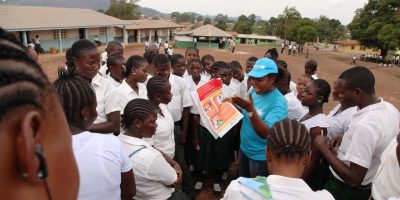
Evidence review
Village Responses to Ebola Virus Disease and its Prevention
The present document is the eighth and final report in a series presenting descriptive results of a survey of responses to Ebola and Ebola control in 26 villages in all three provinces of rural Sierra Leone, fieldwork for which was…
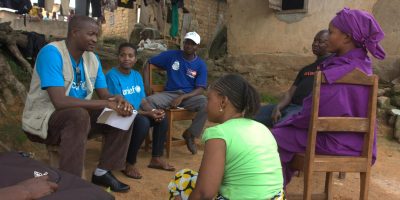
Evidence review
Community Perceptions of Ebola Response Efforts in Liberia: Montserrado and Nimba Counties
This study aimed to support Oxfam’s Public Health Promotion (PHP) strategy through a rapid qualitative assessment of the remaining social barriers to compliance with Ebola prevention and treatment messages. At the time of the study, most Liberians had a high…
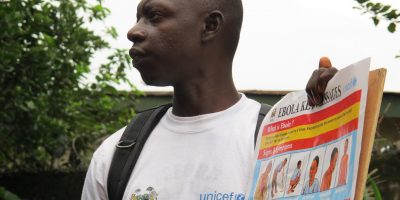
Briefing
Ebola Can Be Transmitted Sexually for Weeks After Recovery – Education is Crucial
Conflicting messages on the length of time that Ebola remains in semen after recovery make education and prevention confusing. We need to avoid mixed messages and focus on girls’ rights, says anthropologist Pauline Oosterhoff. When I met members of a…
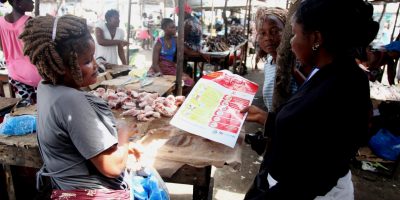
Evidence review
Children’s Ebola Recovery Assessment: Sierra Leone
Nearly half the population of Sierra Leone is under the age of 18 years and the impact of the Ebola crisis on their lives now and on their future opportunities has been far-reaching: no school; loss of family members and…
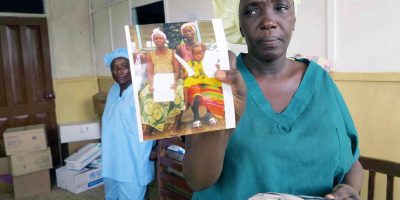
Briefing
Contextualising Ebola Rumours from a Political, Historical and Social Perspective to Understand People’s Perceptions of Ebola and the Responses to it
This briefing explores how rumours about Ebola in Sierra Leone influences people’s perception and response to Ebola, from the political, historical and social perspectives. Despite the efforts of the World Health Organisation to control the Ebola outbreak, achieving zero cases…
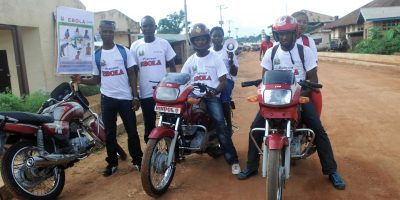
Briefing
Communities are the Real Heroes – Doing Social Mobilisation Differently: Lessons and Recommendations from the Ebola Outbreak
The Ebola outbreak in West Africa has reinvigorated the debate about the role of ‘social mobilisation’ and ‘community engagement’, not only in response to devastating disease but a range of other intractable issues affecting Africa and the rest of the…
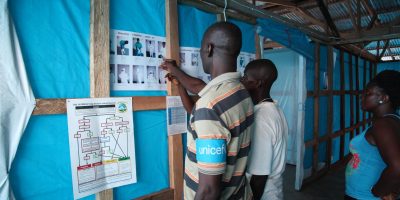
Briefing
Diaspora Communications and Health Seeking Behaviour in the Time of Ebola: Findings from the Sierra Leonean Community in London
The Sierra Leonean diaspora was active in responding to the Ebola outbreak that hit Sierra Leone in March 2014, both by providing financial and material support, and through direct communication with relatives, friends and colleagues back home. This paper looks…
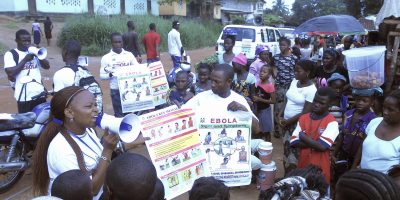
Evidence review
The First Mile: Community Experience of Outbreak Control during an Ebola Outbreak in Luwero District, Uganda
A major challenge to outbreak control lies in early detection of viral haemorrhagic fevers (VHFs) in local community contexts during the critical initial stages of an epidemic, when risk of spreading is its highest (“the first mile”). This paper documents…
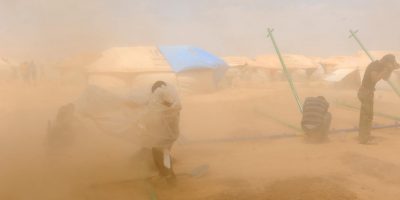
Briefing
Sand and Dust Storms Fact Sheet
Sand and dust storms are a global environmental problem that affects the health and livelihoods of millions of people across the world. These storms, which have increased in frequency, intensity and geographical range in recent decades, have an immense impact…
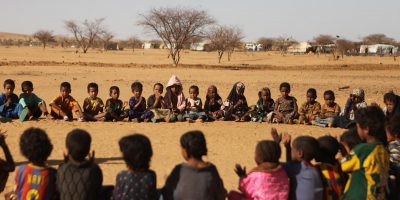
Background report
Health through People’s Empowerment: A Rights-Based Approach to Participation
Analysis of the academic discourse on participation, empowerment, and the right to health since the 1978 Alma-Ata International Conference on Primary Health Care and the subsequent Alma-Ata Declaration shows that each phase of the evolution of these concepts added important…
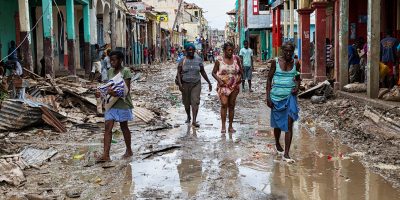
Background report
Measuring the Way Forward in Haiti: Grounding Disaster Relief in the Legal Framework of Human Rights
This article provides results from an online survey of humanitarian workers and volunteers that was conducted in May and June 2010. The purpose of the survey was to understand how the humanitarian aid system adopts or incorporates human rights into…

Briefing
Using a Human Rights Accountability Framework to Respond to Zika
Like other mosquito-borne viruses, Zika thrives in areas with substandard sanitation and infrastructure—which are directly linked to state failures to ensure the basic human right to an adequate standard of living. Until recently, the Zika virus was thought to be…


